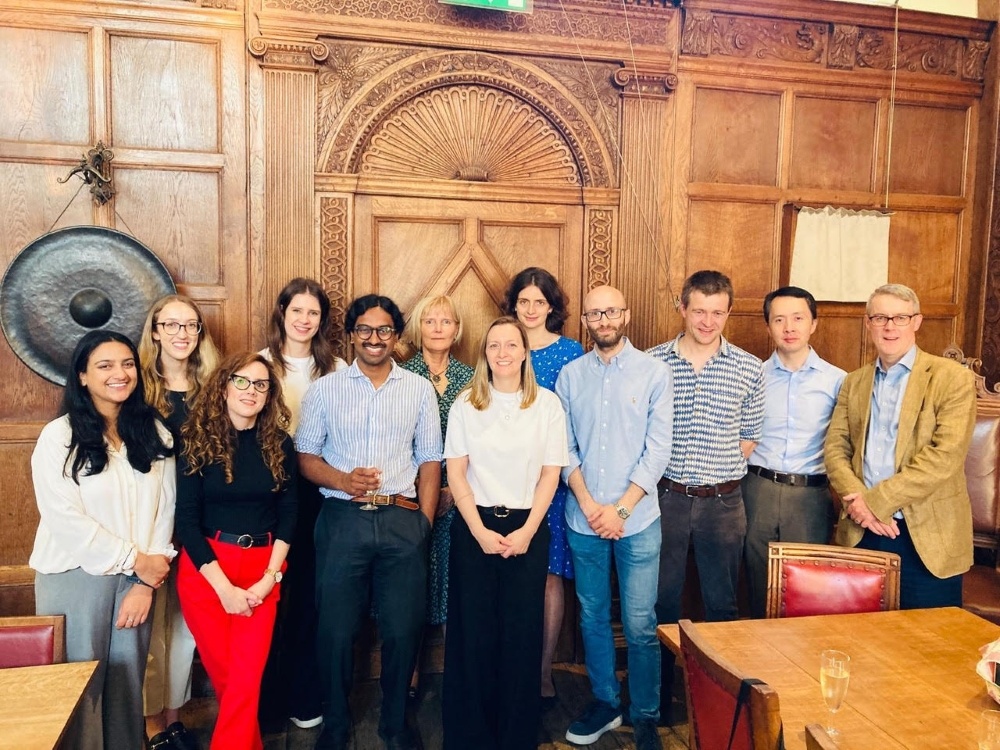Mitochondrial Neuro-Gastro-Intestinal Encephalomyopathy (MNGIE) is a very rare form of mitochondrial disease. The condition leads to a build-up of harmful substances in the body which damages the mitochondria, and it can lead to muscle weakness, nerve issues and severe problems with the digestive system.
The only treatments currently available to alleviate the symptoms of this particular mitochondrial syndrome involve risky procedures like liver or stem cell transplants, which aren’t always successful and can come with complications.
A team from the University of Cambridge, led by Dr Jelle van den Ameele, are looking to create and test a new, safer and cheaper treatment for MNGIE that uses something called mRNA technology. mRNA is a molecule that contains instructions to make proteins that are missing or not working properly in a patient’s body, and it can be easily administered by injection.
The team plan to produce and test the mRNA treatment in liver cells grown in the lab. They will then study how well the mRNA treatment works and how it’s delivered in mice with MNGIE, before measuring how effective the treatment is in improving the condition of mice with MNGIE.
“We are really grateful to receive this grant from The Lily Foundation,” said Dr van den Ameele. “It will allow us to embark on an exciting and novel avenue in the development of advanced therapies for mitochondrial disease. Conventional viral gene therapies are often prohibitively expensive and challenging to apply in conditions like mitochondrial disease. mRNA-based therapies offer a more flexible and potentially safer approach to address the genetic root causes.”
If successful, this trial could eventually offer a much safer and more affordable treatment option for patients diagnosed with MNGIE. Unlike current therapies, this treatment could be given multiple times without causing severe immune reactions or other side effects, and has the potential to significantly improve symptoms and even halt the progression of the disease. We look forward to keeping up to date with the study’s progress.

